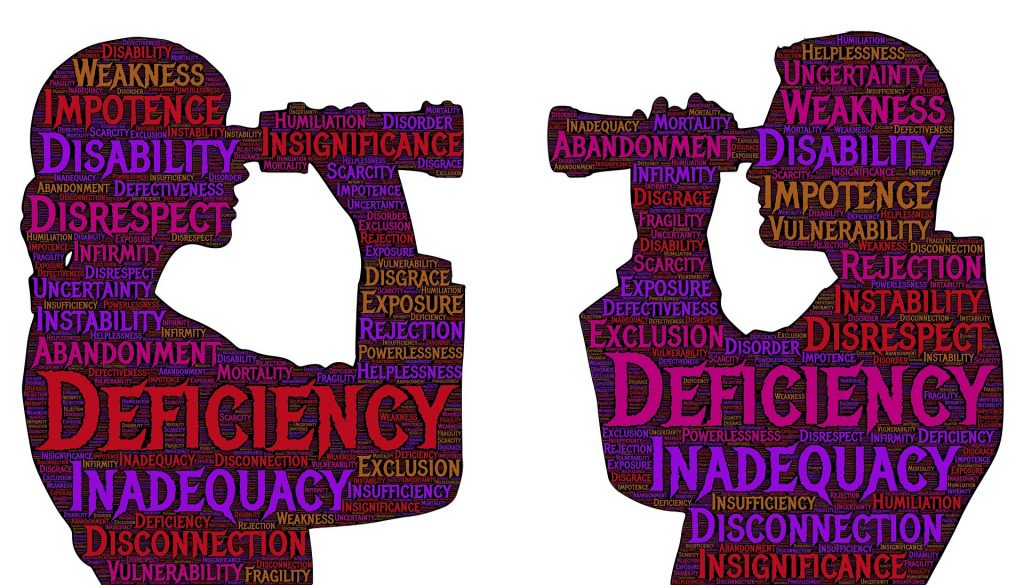
“The majority of people in every culture invest their lives in projects that are defined by their society. They pay attention to what others pay attention to, they experience what others experience. They go to school and learn what should be learned; they work at whatever job is available; they marry and have children according to local customs. It is difficult to see how it could be otherwise. Would it be possible to have a stable, predictable life if most people were not conformists? What will it be like if we couldn’t count on plumbers doing their jobs, teachers teaching, and doctors abiding by the rules of the medical profession? At the same time, a culture can evolve only if there are few souls who do not play by the usual rules. The men and women we studied made up their rules as they went along, combining luck with their singleness of purpose, until they were able to fashion a ‘life theme’ that expressed their unique vision while also allowing them to make a living.”
… Mihaly Csikszentmihalyi from ‘Creativity’
Human beings are social beings. We are born, we live and we die in communities. We do not know what it is like to live without relating to other human beings. Although this might seem like stating the obvious, it is remarkable how little formal learning goes into being part of these communities. Yet, when coaching my clients it seems all of the issues they raise ultimately stem from the way they relate to others. To understand why this is so and how we can enhance our relationships to generate better outcomes in our lives, it is valuable to look at the various dynamics of how we relate to others.
As a social being, we live in a dynamic set of relationships with others in our community. Through these relationships, we learn acceptable ways of behaving within those communities – family, friends, workplace, and nation and so on – in which we live. Doing so allows us to fit in and live within those communities. This stems from a basic desire to belong that exists within the healthy human being. We want to fit in with the societies in which we live. In the early days of human development, this was a matter of life and death. Being cast out of a community meant an individual had to fend for themselves in a dangerous world and their chances of doing that without community support was very slim. Even though most of us who live in modern societies do not currently live in a world where our lives are always under threat, we still need the support of our communities to survive and prosper; and so this drive to belong continues to play an important role in life.
To be accepted as part of a community, we must create an identity for ourselves consistent with what that community sees is required to be in the community. In my work, our identity is the story that someone (including ourselves) has about us. In other words, we do not have a single identity, but an identity with each person who has a relationship with us. Others can relate to us even if we do not know them, such as in the case of publicly known people, writers or even characters in the movies or television shows. For example, many people feel they know movie actors well through watching them on the big screen and reading and hearing about them in the media.
The upshot of this is when we relate to another human being, we are relating to them through our story of who they are. This is a critical distinction. This means that if we want to enhance our relationship with another person, we must understand what story they have of us and also be more aware of the story we have about them. We can only effectively do this by engaging them in conversations and testing our stories – looking for evidence to support or refute what we hold to be so.
One means of enhancing our relationships is to better understand that we relate to each other through our stories of ourselves and others. Through this recognition, we can look at the people with whom we do not relate as well as we would like and explore how well-grounded our stories are of them and what might be their stories of us. This awareness can often shed new light on those with whom we relate and might indicate conversations that would be useful in building trust and a healthier relationship.